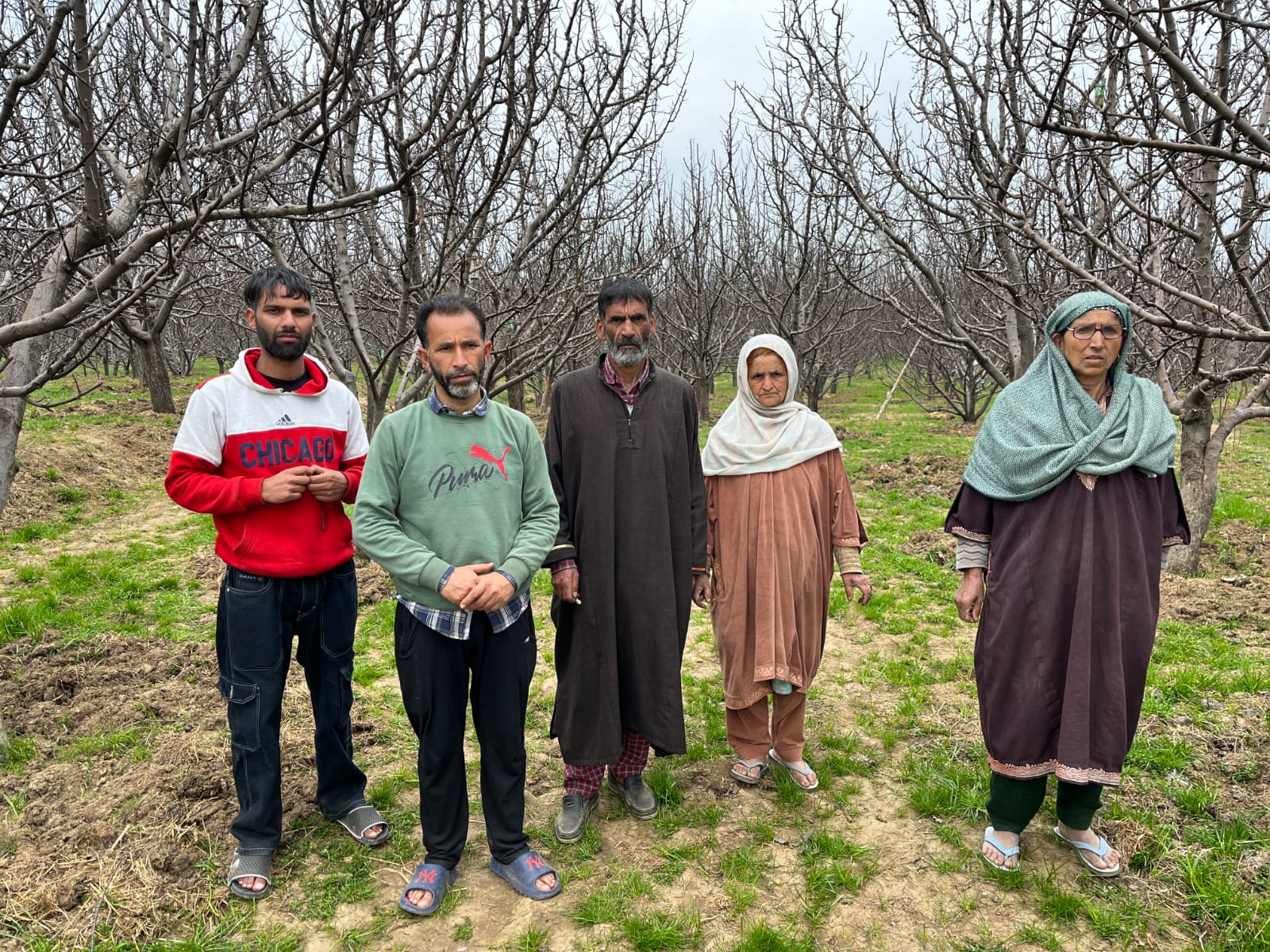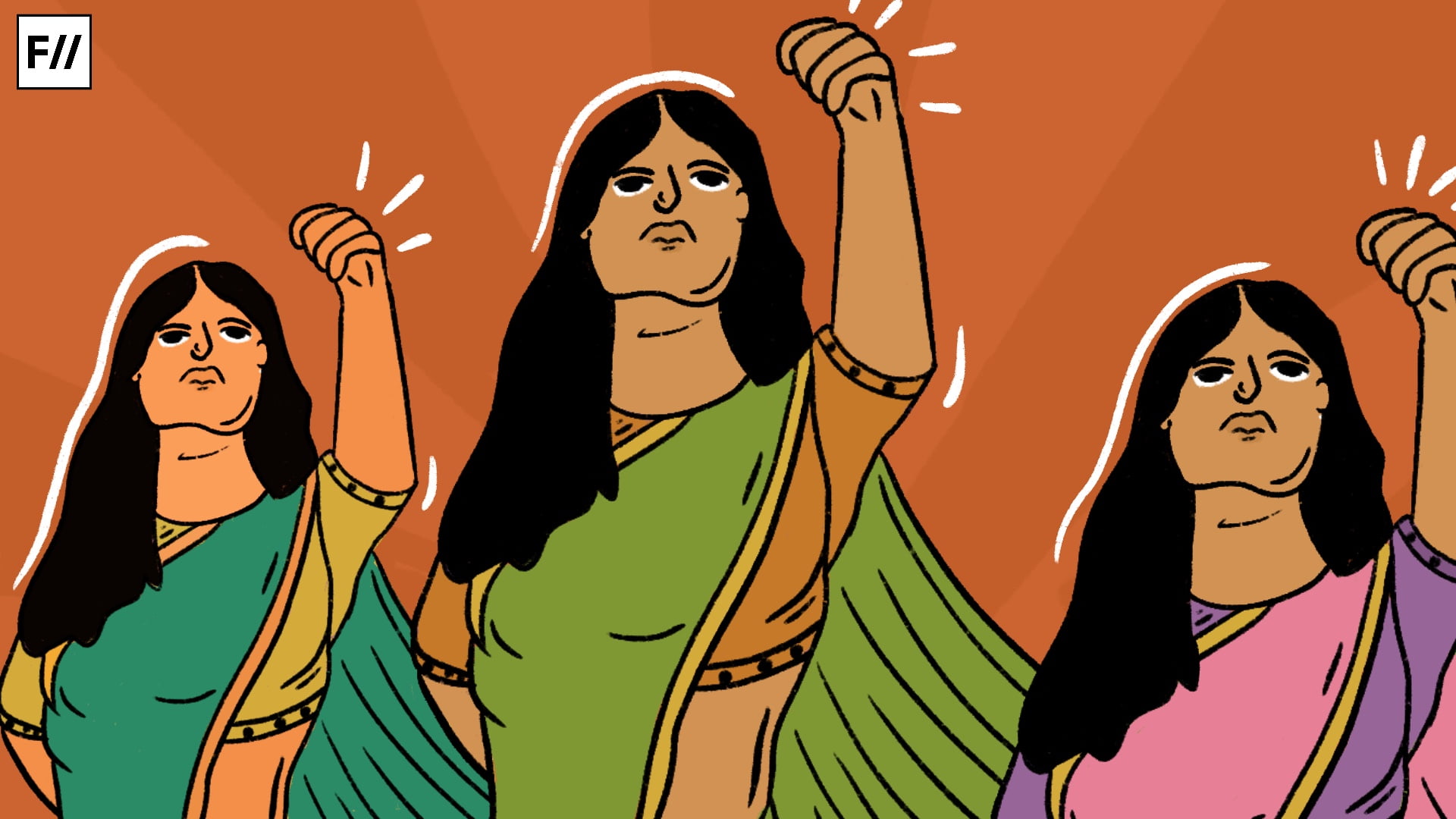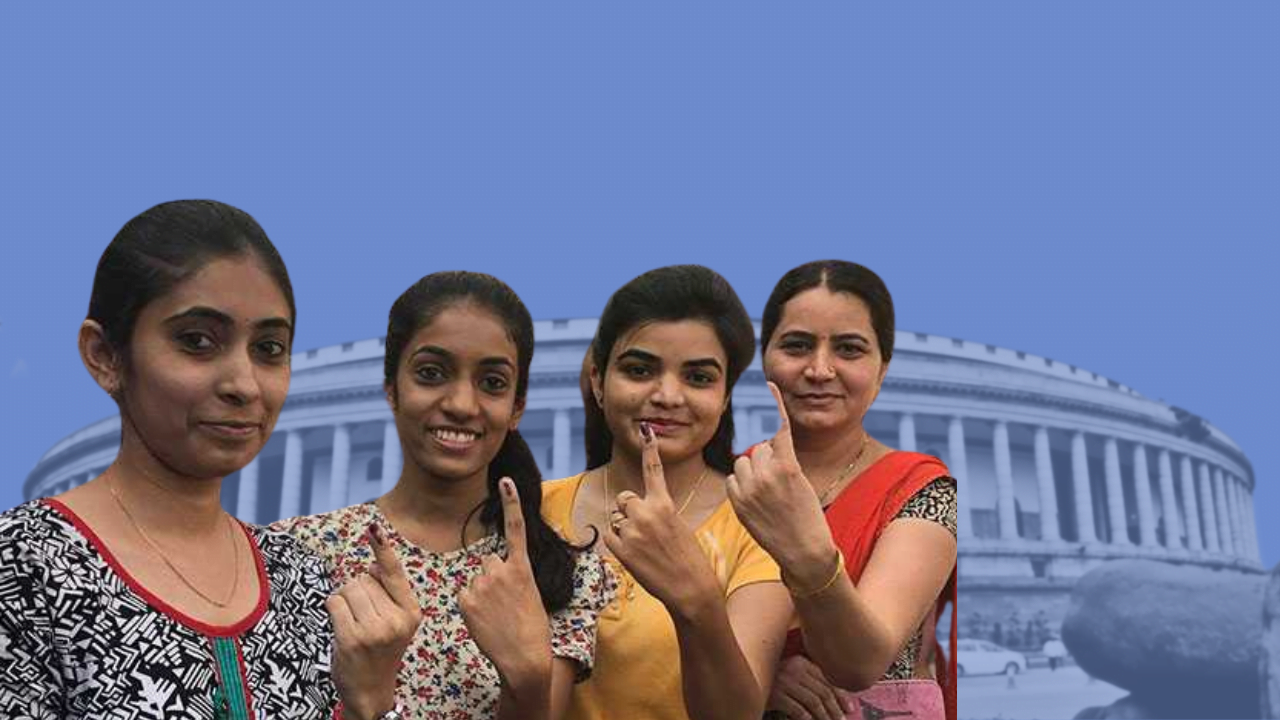While everyone has jumped to criticize Mayim Bialik for what seems at the outset, ‘victim-blaming’ the survivors of abuse at the hands of Harvey Weinstein. At some point in her essay, she writes that she was told by her mother that the men of the industry only want ‘one thing,’ and so she makes choices she considers ‘self-protecting and wise,’ by way of which “she reserves her sexual self for private situations and dresses modestly, and doesn’t act flirtatiously with men as a policy”. All this, despite stating in the next line that she knows, women must not have to feel burdened to police themselves, ideally, yet they are compelled to because the feminist utopia isn’t here yet!
Before dismissing her altogether, it is essential to engage with some of the underlying thoughts that this piece offers, but at a subtextual level. Here, we find Mayim opening up about her experience in Hollywood, an industry which is absolutely guilty of objectifying women and upholding a certain beauty ideal and standard against which many of us measure ourselves – our self-worth, our beauty. We find the need for immediate gratification and validation in quantifiable terms – the number of ‘likes’ we’re able to garner in our Instagram, etc. Of course, the ‘desire’ isn’t to attract ‘compliments’ and ‘creeps’, but very often the distinction can only be made retroactively.
What Mayim offers is a way of putting the sexual harassment cases of the many talented and beautiful women in Hollywood by a ‘predator’, in context. She is telling us, that this isn’t an isolated case. It is a part of a larger rape culture that is the norm, which Weinstein is ‘used to’. By drawing upon her own wisdom and experience, she is also pointing at the horrible truth of what constitutes a ‘desirable’ body – one, unfortunately, ’worthy’ of attention or abuse.
We find the need for immediate gratification and validation in quantifiable terms – the number of ‘likes’ we’re able to garner in our Instagram, etc.
As someone who was ‘invisibilising’ herself even as she was largely invisible for the way she appeared, she attempted to ‘de-sexualise’ herself to further rupture everything that men saw as desirable in a woman – for what’s under their bra! Also, she did fall in the trap of creating a binary between the workings of the ‘brain’ and ‘beauty’, in defining the ‘kind of attention’ that women receive from men.
Although, I do feel that this in itself isn’t necessarily a critique of the women that were violated by Weinstein. In fact precisely because of the understanding that ‘despite’ the fandom and star-power of these women, they had been bought into silence through the visible and invisible artillery of power, is reflective of how difficult and claustrophobic the silent suffering of abuse can be for others. She is merely taking this space that has been created as an aftermath of this incident, to start a conversation about her own experience of attempting to diverge a gaze, which like a haunting, she could never fully evade.
Watching these incredible women on screen, does alter our self-perception, sets ideals and shapes our interiority in ways that are often times difficult to articulate, capture and express in words, without running the risk of sounding like a ‘jealous, regressive, sex negative’ person. As feminists, we are well aware of the conceptual understanding of a patriarchal social conditioning, the perversities of the beauty myth, internalized and external male gaze.
this isn’t an isolated case. It is a part of a larger rape culture that is the norm, which Weinstein is ‘used to’.
But we are also aware about the implied and artificial ‘necessity’ of de-sexualising oneself that patriarchy creates as a ‘counter-narrative’ to the meta-narrative of ‘objectification’. This logic flows seamlessly from within patriarchy, manifested in the demand on women to ‘check themselves.’ To put the onus of women to ‘defend themselves’: to be mindful of deploying precautionary measures in order to avert unwanted attention/abuse.
Even in some of the most ‘progressive’ circles, there is an unsaid understanding to ‘dress down in order to be taken seriously’. The being taken seriously part is key. Women are re-telling themselves a story, wherein they know the dangers of falling prey to moral policing, but are also contingently putting up with the ‘realities’ as they hold the fort. Doing best they can to not be seen as ‘deviant’ to cushion the potential of harassment – a kind of cognitive dissonance forces them to imagine that perhaps, if they did nothing ‘wrong’, they won’t be at the receiving end of ‘bad’ behavior. When Mayim is talking about her ‘self-protective wisdom’, it is not a word of advice for others, but a coping mechanism that she has embraced.
The question to ask here is why do feminists fall for this trap of desexualisation if indeed it’s only a ‘trap’? Even though in their suppressing of sexuality, they end up insurrecting a society of lies, between the ‘modest’ and the ‘immodest’ – between those who reserve their sexuality for their bedroom, against those who wear it on their sleeves. It artificially insurrects a society where, “Sexuality is mystified into imageries if transgressive impulses and the world of ‘values’ is a prison-house which people secretly betray”.
This, to my mind is a far greater critique of Mayim’s approach – her fight against patriarchy’s symptoms – than just an offhand dismissal of her views on counts of ‘victim-blaming’.
Also Read: Open Secrets And Power: Harvey Weinstein And Dileep
Featured Image Credit:




